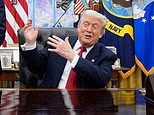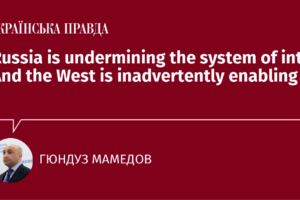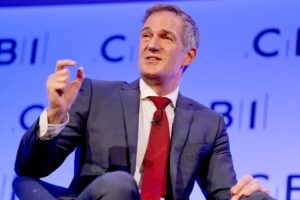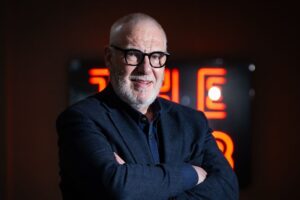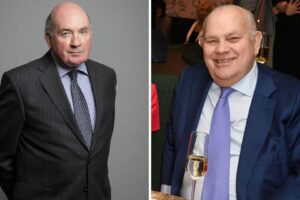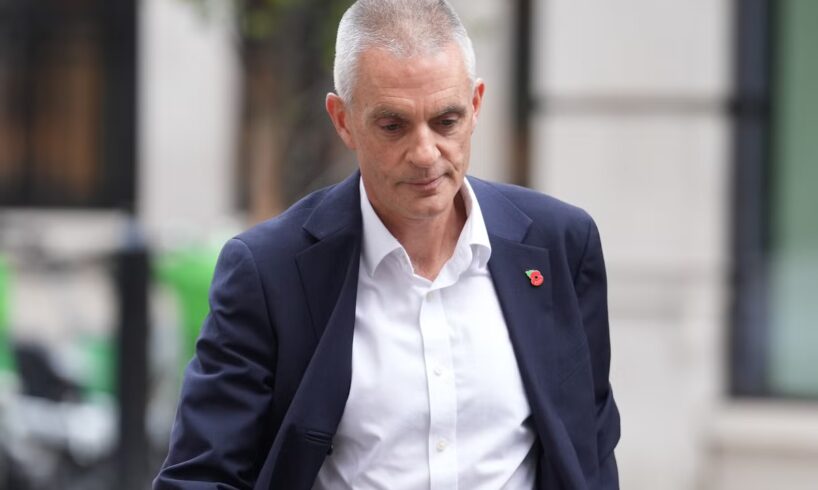
Sign up for the View from Westminster email for expert analysis straight to your inbox
Get our free View from Westminster email
Get our free View from Westminster email
The former BBC director general Tim Davie had a “blind spot” when it came to editorial failings at the broadcaster, the author of a leaked memo on impartiality at the corporation has said.
Appearing in front of the Commons culture, media and sport committee on Monday, Michael Prescott, a former independent adviser to the BBC’s editorial guidelines and standards board, said Mr Davie was a “supreme talent” but failed to get on top of “incipient problems” at the corporation before he resigned in the wake of the memo becoming public.
But Mr Prescott insisted the broadcaster is not institutionally biased.
He had penned a report raising concerns that a Panorama episode included selective editing of a speech made by President Donald Trump before the attack on the US Capitol in 2021.
Mr Davie stepped down as BBC director general and news chief Deborah Turness resigned in the fallout on 9 November, while chair Samir Shah apologised on behalf of the BBC over an “error of judgement” and accepted that the editing of the 2024 documentary gave “the impression of a direct call for violent action”.
Mr Prescott told MPs that Mr Davie “seemed to me to be doing a first rate job across 80 or 90 per cent of the portfolio”, but added: “It was just that he had this blind spot on editorial failings. I think it’s a bit of a tragedy he’s gone.
open image in gallery
Tim Davie resigned as BBC director general earlier this month (PA)
“I thought he was a supreme talent, but he had this blind spot.”
He added he believed the reputation of US president Donald Trump has “probably not” been tarnished by the Panorama edit.
Asked if the documentary had harmed Mr Trump’s image, Mr Prescott said: “I should probably restrain myself a little bit, given that there is a potential legal action.
“All I could say is, I can’t think of anything I agree with Donald Trump on.”
Pressed on the subject again, and asked if he agrees that Mr Trump’s reputation has been tarnished, he said: “Probably not.”
Asked whether he thinks it was right for Mr Davie to have resigned, Mr Prescott told MPs: “I would have hoped they’d get on top of these problems, start sorting them out in a systemic and more methodical way, and everything would have been fine.”
But he insisted he wrote the memo because he is a “strong supporter of the BBC”, saying there was “no party politics” behind his decision.
“The BBC employs talented professionals across all of its factual and non-factual programmes, and most people in this country, certainly myself included, might go as far as to say that they love the BBC,” he said.
open image in gallery
Michael Prescott giving evidence on Monday (AFP/Getty)
“What troubled me was that during my three years on the BBC standards committee, we kept seeing incipient problems which I thought were not being tackled properly. And, indeed, I thought the problems were getting worse.”
He added: “There was no ideology at play here, no party politics. I just want [the BBC] to be impartial, accurate and fair.”
Asked if he thinks the broadcaster is institutionally biased, Mr Prescott said: “No I don’t… I do not think it’s institutionally biased.
“Let’s be very clear. Tons of stuff that that the BBC does is world class, both factual programming and non-factual programming.”
Appearing later in front of the select committee, chair Samir Shah said he does “not think the director general should have resigned”.
He argued that Ms Turness’s decision to resign was an “honourable and proper act”, saying that he “applauds her for doing so”.
But Mr Shah added: “I do not think that that meant that the director general had also to resign … the board wishes that the director general had not resigned. He had our full confidence throughout.”
The BBC chair also denied that concerns raised by Mr Prescott were ignored, saying the broadcaster took “detailed actions” in response to his memo.
“I don’t think this committee should think I ignored Mr Prescott. I did not. I think he raised some important questions we need to answer”, Mr Shah said.
He added: “In fact, the executive took many actions, detailed actions. So it wasn’t just a case of a report coming out and a defensive reaction. That just is not an accurate account of what happened.”
open image in gallery
BBC chair Samir Shah arriving for the committee hearing on Monday (Getty)
Mr Shah said he believes the BBC can be slow to respond to allegations against it: “I think there is an issue about how quickly we respond, the speed of our response, why we do not do it quickly enough.”
He added he believes people who “want to have a go at the BBC” can “use” mistakes it makes to criticise the corporation.
It came after Conservative Party leader Kemi Badenoch said Mr Prescott’s report on the Panorama video exposed “institutional bias that cannot be swept away with two resignations”, while Reform UK leader Nigel Farage claimed “the BBC has been institutionally biased for decades”.
Mr Prescott’s memo highlighted concerns about the way clips of Mr Trump’s speech on 6 January 2021 were spliced together to make it appear he had told supporters he was going to walk to the US Capitol with them to “fight like hell”.
After the report was made public, the US president threatened the BBC with a billion-dollar litigation, while US regulator the Federal Communications Commission (FCC) launched an investigation.
While Sir Keir Starmer is under growing pressure to intervene on the row, it emerged on Monday that he ducked raising the legal challenge when he spoke to the US president on over the weekend.
The 30-minute call between Mr Trump and the prime minister focused on Ukraine, according to the readout, with sources admitting he did not discuss the BBC.
